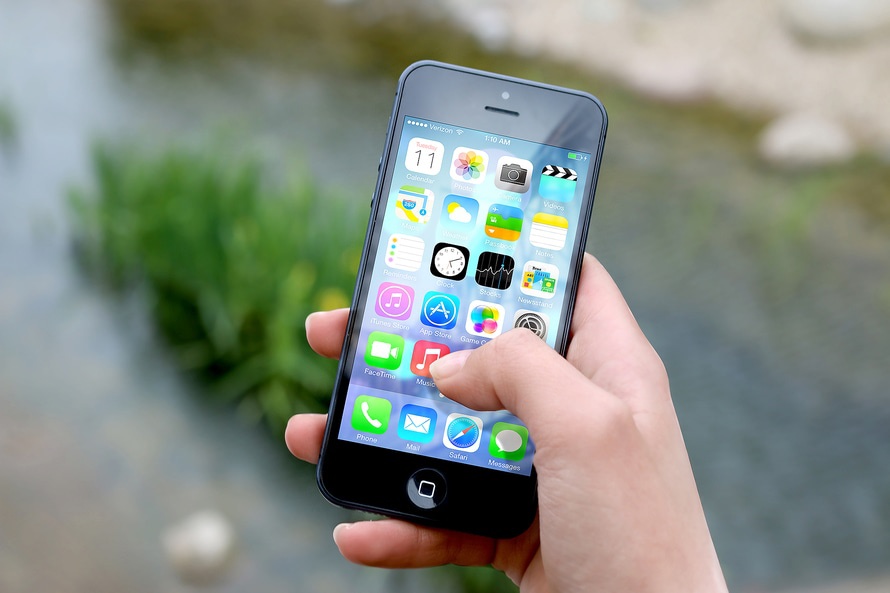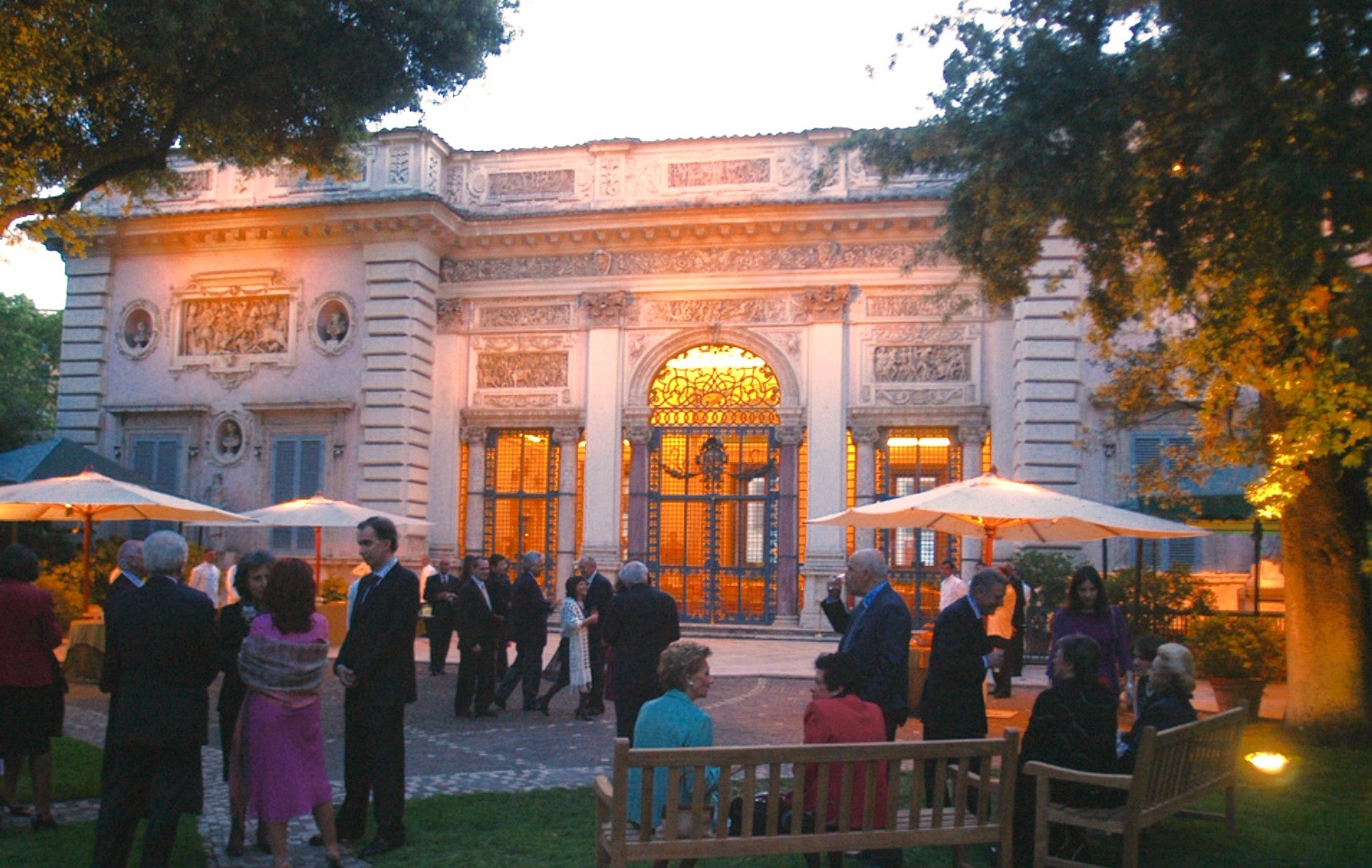Do you believe that events are the future? More importantly do your clients understand?
The importance of retaining a human connection externally with customers and clients and internally with staff and stakeholders, cannot be overstated. And successful connection is all about conversation, mutual understanding, and appreciation which all equals, you guessed it: Engagement.
So What Do We Mean By ‘Engagement’?
Engagement is about adding value, building trust, and driving commitment. In doing so, brands and business are able to move their audiences from passive indifference to active participation.
It’s about creating authentic and meaningful interactions between people and the products and services with whom they choose to spend their valuable time. It’s no surprise to learn that the deepest connections between audiences and brands are formed through a process that takes people from watching and thinking, to feeling and doing.
Active participation at a personal level with a brand is key to establishing value and a lasting bond. So we need to get personal, get real, and start an authentic dialogue.
Social Net Worth Over Social Networks
Engagement isn’t just about clicking on ads and responding to sales promotions.
Instead, we need to move away from social networking and focus on being social net worth kings – championing genuine, real connections and relationships with customers over just sticking something before them and asking them to care.
Reclaiming the people from the numbers, figures and follower counts. Because the human element that is missing from social media is experience. Real-life interaction and participation is comparable to none – and is the greatest marketing tool you could ever want or need.
That’s precisely what makes events so important. Events create the emotional energy behind the sale, the human experience element.
And no-one at all, including those in procurement, really choose a logical sales choice. They make emotional ones – buying ideas. People don’t buy what you do, they buy why you do it, and the only way to truly engage people with that why, is to offer them a direct, human experience of your brand in real life.
Events: Power to the People
Of course, there are still those who might think that the live experience is the soft option. But to do so is to miss the bigger picture. It’s only when we visit a live event that we start to understand what a brand feels like, and how it behaves.
Every touchpoint or element has been designed to represent the brand, allowing for rich, immersive and powerful engagement from start to finish. And it all begins with an understanding of the consumer’s world. Rather than telling audiences that we’re interested in the same things they are, we’re proving it – like I said, people don’t buy what you do, they buy why you do it.
Events build emotional energy which is the most important facet of human connection, which therefore creates engagement and ultimately generates sales and ensures growth.
Online, no real thought or effort has to go into communicating any more, and it’s the same with the way brands operate online. With an increase in the ease of communication, there’s a decrease in what it actually means – making the individual feel important.
In Conclusion
Humans are emotional beings and so the key to growth is generating an ethos and culture that is emotionally-driven that it allows consumers to become invested in why we do what we do. And that’s something that cannot be imitated, achieved only from real face-to-face human interaction.
And what better way to connect with people than a bit of a party, right? That’s why events will always be integral to the success of businesses, brands, and retaining the loyalty of those who believe in them.








